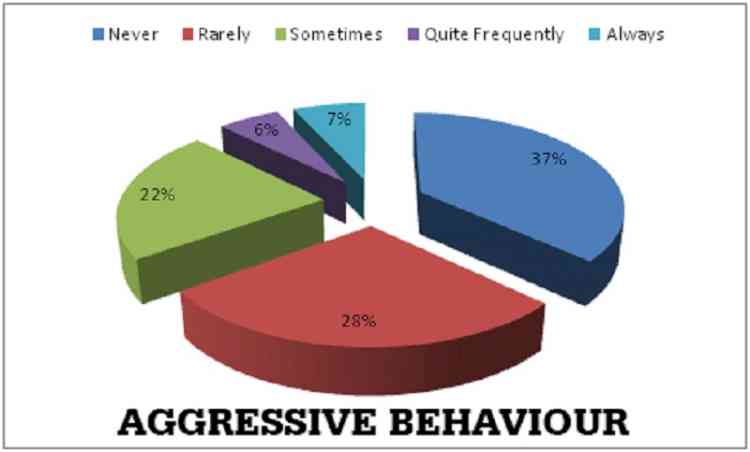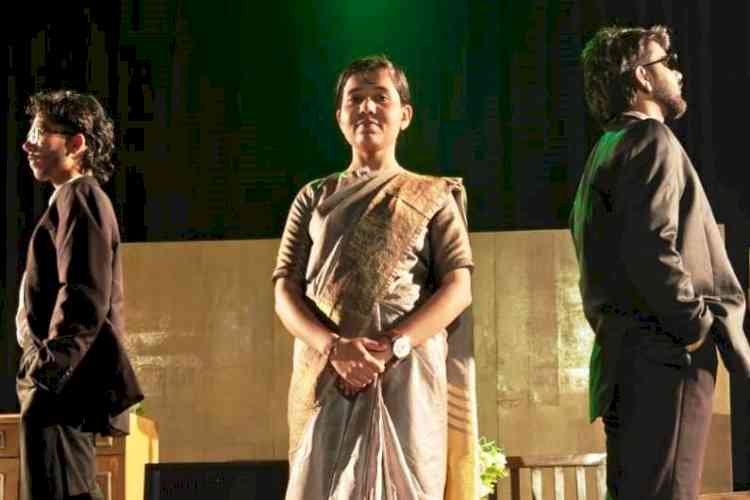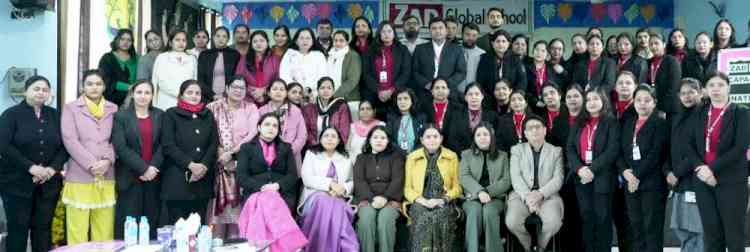CT University conducts family relationship survey on global family day
The family is the first line of defence especially for children

Ludhiana: ‘A Study of Family Relationships with regard to Present Day Challenges’ was conducted by faculty members of the CT University to ascertain the prevalence of peace in the family and harmonious relations among the members.
The survey concluded that out of respondents contacted, one third of the families have their near relatives residing abroad or at far off places within India. A majority of 66 per cent of the respondents showed that they missed their children or parents who are abroad or residing at far off places in India and one fourth of the respondents did so occasionally. Surprisingly, there also have been a small fraction of respondents who never missed their children or parents.
In the absence of their kids or parents, 43 per cent of the respondents do not face any challenge in daily life chores like going to bank, standing in queue etc., only one fifth of the respondents do face such challenges. A half of the respondents expressed their anxiety because of absence of their parents or children at the time of emergency or illness. Only one third of the respondents feel anxious on certain occasions. However, one fifth of the respondent didn’t feel anxious at all.
A majority of 77 per cent of the respondents always felt worried about safety and wellness of their parents or children. On the contrary one tenth of the respondents did not feel so.
Regarding the treatment to the elderly persons at home, some interesting revelations were noticed. A half of the respondents did not agree that indifference towards elderly people because of stress at work place, only one fourth of the respondents are of the view that it leads to negligence. Regarding aggressive behaviour towards the elderly persons 66 per cent and 13 per cent viewed that work place stress exerted effect in the affirmative and negative respectively.
On the question of decision making, 45 per cent of the respondents feel that kids accepted the decisions of their parents and parents accept the decision of their kids whereas about one fourth of the respondents were of the view that their kids or parents are always adamant about decision making. A majority of the 60 per cent respondents were of the opinion that their rights as a member of the family in decision making are protected. On the other hand barely one tenth of the respondents felt that they were not being given their due rights. Male domination in the families has been reflected in 28 per cent of the respondents whereas 45 per cent of the families never had experienced.
While describing the relevance of conducting the survey, Dr Gurvinder Bakshi, Dean Academics, CT University said that the family is the most basic unit of society that plays an important role in generation of human capital resources. It has immense potential to influence individual, household, and community behaviour.
Manbir Singh the CTU Managing Director said that the family is the first line of defence especially for children and a major factor in their health, education, development, survival and protection.
The survey was carried out under the guidance of Dr Bakshi and was conducted by Dr Kawal Nain Singh and Ms Nikita Dhawan with the help of students of the University.



 cityairnews
cityairnews 










